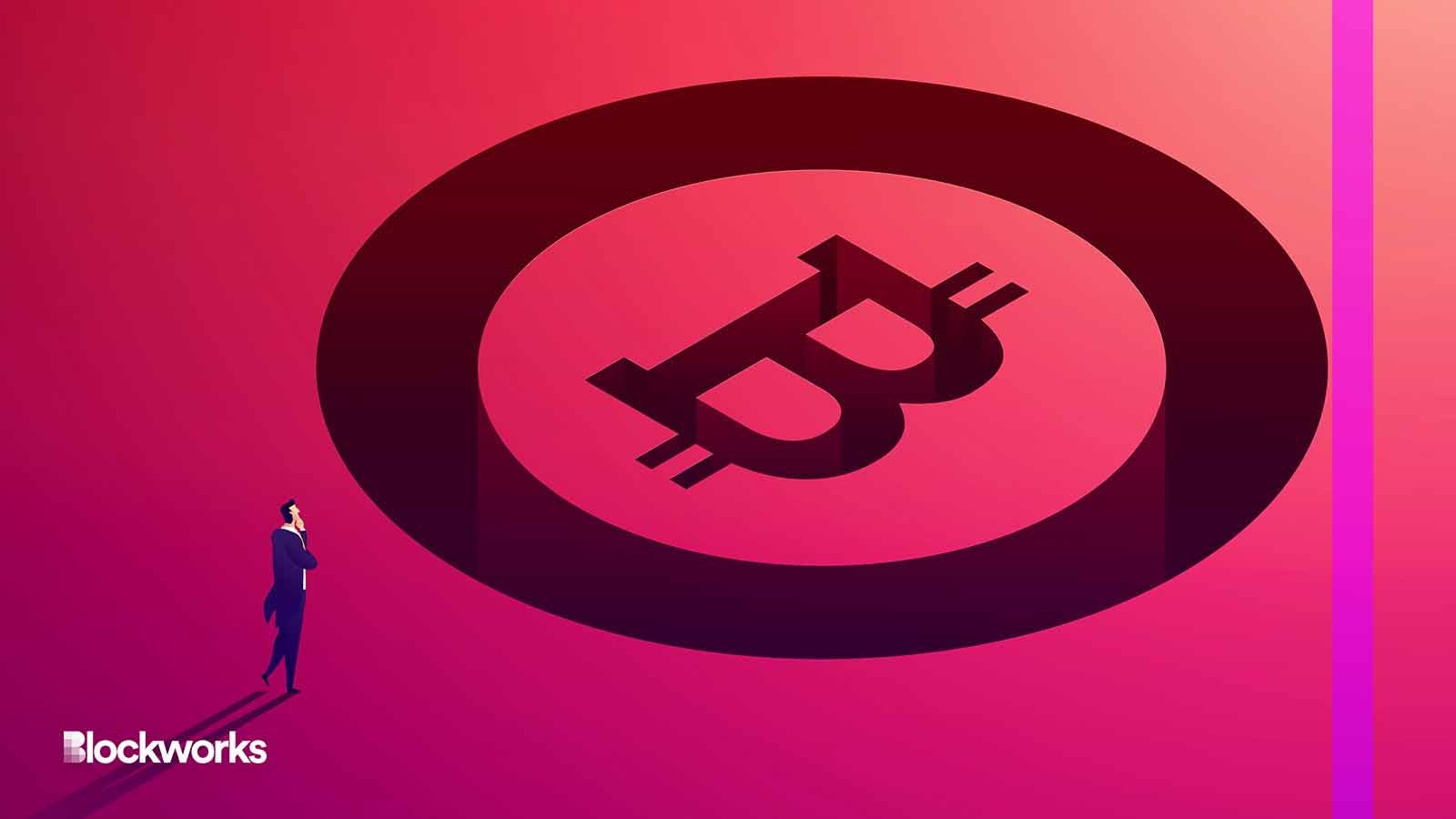DeFi is possible on Bitcoin, but does anybody want it?
The Bitcoin thesis hasn’t played out in DeFi — yet

Lerbank-bbk22/Shutterstock modified by Blockworks
DeFi has long been at home on smart contract-capable virtual machine protocols like Ethereum and Solana. Bitcoin has generally been perceived as a tool for storing value, at least until the recent Ordinals craze got people thinking about what it could become.
The DeFi realm that once existed outside of the Bitcoin domain has been made available through solutions that operate on top of the protocol, with the advantages of security and liquidity built into the Bitcoin network.
Retro-fitting modern scaling mechanisms to the slow-moving “digital gold” blockchain has proven technically challenging. But do people really want DeFi on Bitcoin?
DeFi apps with slick interfaces and robust smart contract options are commonplace elsewhere. But, according to Muneeb Ali, the most popular will inevitably find themselves on Bitcoin.
The co-creator of Stacks and CEO of Trust Machines spoke to Blockworks on the 0xResearch podcast (Spotify / Apple) about the “Bitcoin thesis” — the long-standing argument among loyalists that says any useful application on another chain will eventually come to Bitcoin.
And any app or asset that makes its way to the network will also be more valuable, he says, “because they will benefit from the security of Bitcoin, the durability of Bitcoin, but above all the liquidity of Bitcoin.”
I’m very confident in the ‘yet’
Ali says market data previously demonstrated a lack of interest in building for such use-cases on Bitcoin, but that’s changing. “This year, with Ordinals and more recently with BRC-20, part of the thesis is actually coming true.”
This is “literally the case” with NFTs, he says. Once inscribed on Bitcoin, the market assessed some previously Ethereum-based tokens with hefty prices earlier this year.
Trailing Ethereum alone, “Bitcoin is now number two in terms of trading volumes of NFTs. And Solana is number three,” he says. “Six months ago, this would be unimaginable. Bitcoin was not even on the map.”
It hasn’t played out in DeFi — yet. “I’m very confident in the ‘yet’,” Ali says.
“Bitcoin is the more pristine capital,” Ali says. More people have bought into the idea of bitcoin as money or as a potential reserve currency, he says.
But not for much else.
That’s not the fault of Bitcoin, according to Ali. It’s mostly due to lack of infrastructure — tooling, wallets, and the developer community around Bitcoin — as opposed to a lack of interest, he says.
People will use Bitcoin
Ali argues there’s plenty of demand for smart contract solutions on Bitcoin. He gives the example of RSK, or Rootstock, a smart contract competitor to Stacks that’s been building on the network for years. “They did their fundraising in Bitcoin and I think 25,000 BTC came into that raise.”
Stacks differs from RSK in a few key ways, with its “novel consensus mechanism, ambitious plans for subnets,” and in particular, its “unique BTC bridge” that does not rely on “a trusted set of signers,” according to Blockworks Research.
Ali mentions examples of applications like privacy tumblers that have seen large volumes of bitcoin being used, despite them being “really clunky.”
“It’s the best you can do on [layer-1],” he says, “but it’s nothing close to a zero-knowledge-based solution that has great UX” — something that is more likely to be found on Ethereum or Solana. For now, anyway.
“If you start bringing those use cases,” he says, “it’s as obvious as putting two and two together that people will use Bitcoin.”
“The challenge really is in the infrastructure tooling, devs, and UX wallets,” he says. “I think that needs to be much more mature than the state we are in today.”
Get the news in your inbox. Explore Blockworks newsletters:
- The Breakdown: Decoding crypto and the markets. Daily.
- 0xResearch: Alpha in your inbox. Think like an analyst.






